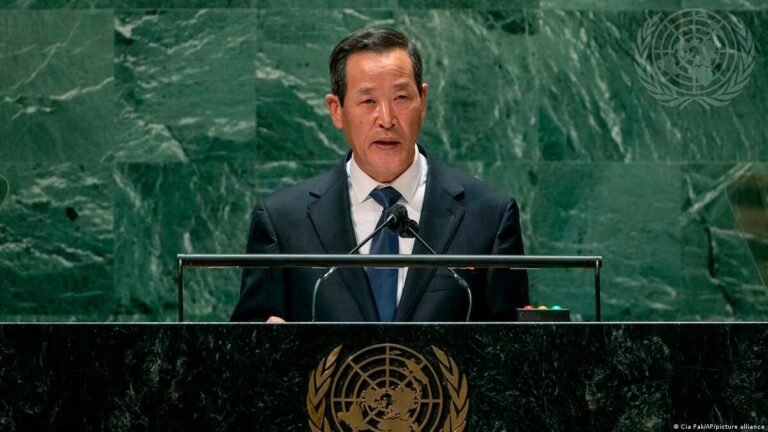
The resolution of the Human Rights Council is the most ambitious on North Korea since 2016, and it is of great importance for the victims of serious abuses in a country that is among the most isolated and repressive in the world. The resolution increases resources for the United Nations High Commissioner for Human Rights Office to focus on accountability in North Korea.
In 2016, the Commission of Inquiry issued a report concluding that widespread, systematic, and serious human rights violations by the North Korean regime constituted crimes against humanity. The documented atrocities included political prison camps, forced labor facilities, international abductions, and persecution of religious believers and individuals attempting to flee the country, among others. The abuses ranged from mass starvation to torture and sexual violence.
It also highlights the link between North Korea’s armament program, peace and international security, and human rights, as well as the urgency of collectively addressing these issues. It envisages a comprehensive report covering the human rights situation in the country since 2014, building on the significant conclusions issued by the Commission of Inquiry a decade ago.
In that vein, Human Rights Watch published a report last month documenting the worsening critical humanitarian and human rights crisis following the Covid-19 pandemic. Recently, the North Korean government has largely sealed the border with China and imposed excessive and unnecessary quarantines and restrictions on freedom of movement and trade.
Additionally, it details how the government’s measures have severely impacted access to food and essential goods to fulfill basic rights, such as medicine, medical supplies, soap, toothpaste, clothing, shoes, and batteries, which used to enter the country through formal or informal trade routes with China.
